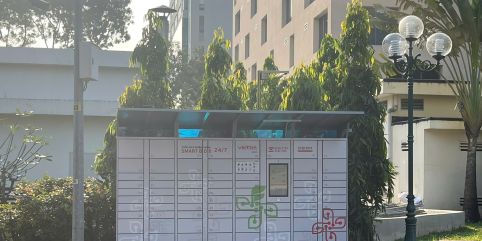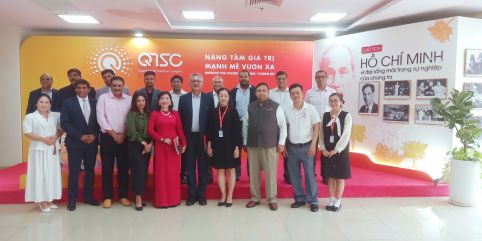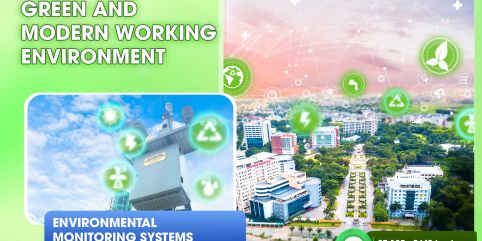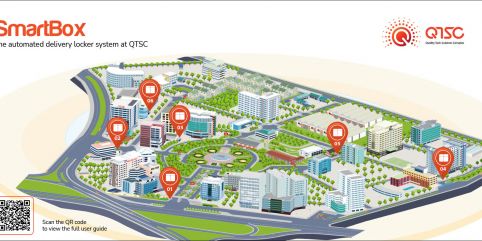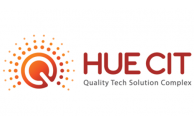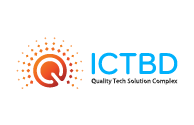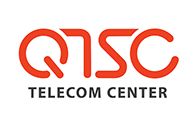|
HCM CITY — Vietnam’s agricultural sector needs to intensify the application of information and communications technology (ICT) to improve its productivity, quality and competitiveness in the world market, experts said. |
|
Tu Minh Thien, deputy director of the HCM City Agricultural Hi-Tech Park’s management board, speaks at the Vietnam - US Agritech Co-operation Workshop in HCM City on October 20. — VNS Photo Tu Minh Thien, deputy director of the HCM City Agricultural Hi-Tech Park’s management board, said in many countries, ICT applications have been adopted in about 10 segments in the agricultural sector, including setting up agricultural supply chains, supporting farmers to access financial services, markets and value chains, agricultural risk management, land management and improving food safety and traceability. In Vietnam, ICT has been applied mainly in supply chain management, hygiene and food safety management and tracing the origin of products, and it has not been deployed widely, he told a Vietnam-US Agritech Co-operation workshop held in HCM City last Friday. “Expanding the application of ICT in the agricultural sector will help us manage many issues as well as create breakthrough development.” For instance, by applying ICT, farmers can understand the current condition of their farm soil, suggest which substances to add or recommend what kind of plant to be cultivated to gain optimum efficiency, he said. In the US, farmers account for less than one per cent of the population, but its agricultural production can meet its large domestic demand and export partly thanks to the application of ICT in farming, he said. There were certain challenges in expanding ICT applications in the agricultural sector in Vietnam, including insufficient technical infrastructure in rural areas, a lack of human resources who can understand ICT as well as agriculture, a small scale of production and a fragmented agricultural data base, delegates said. But the sector needs to enhance the use of ICT in the sector to optimise efficiency as well as to meet market demand, he said. As the country’s agricultural production centre, the Mekong Delta has applied IT some areas, including building certain local database, management system, pest warning map and a map of pangasius farming area, said Võ Thị Thu Hương, deputy director of the Vietnam Chamber of Commerce and Industry in Can Tho. The shrimp production and export sector in the Cuu Long (Mekong) Delta needs an IT application to enable it to prove the origin of its products better so as to facilitate their export, she said. At the event, which brought together US investors and leaders from many provinces in Vietnam to see co-operation success stories and discuss new trade and investment opportunities, US experts shared experiences in developing hi-tech agriculture as well as co-operation opportunities with Vietnam in the sector. Gerald Smith, senior attaché for agricultural affairs at the US Consulate General in HCM City, said American businesses can offer modern hi-tech products, services and knowledge. US businesses also provide long-term solutions to agriculture problems, such as drought, excessive pesticide use and food safety, he said. “American companies in the agricultural sector are willing to make a long-term investment because we believe Vietnam is a country of tremendous opportunities. I am optimistic that the US and Vietnam will make progress in the area of high tech agriculture. The major thing is that open co-operation is a robust tool for innovation,” he said. Thien said the workshop would help US and Vietnamese firms understand each other’s supply and demand to foster co-operation. The event was part of the second International Conference on Information Technology Outsourcing/Business Process Outsourcing held by the VNITO Alliance, QTSC and the Investment and Trade Promotion Centre. — Viet Nam News (VNS) |
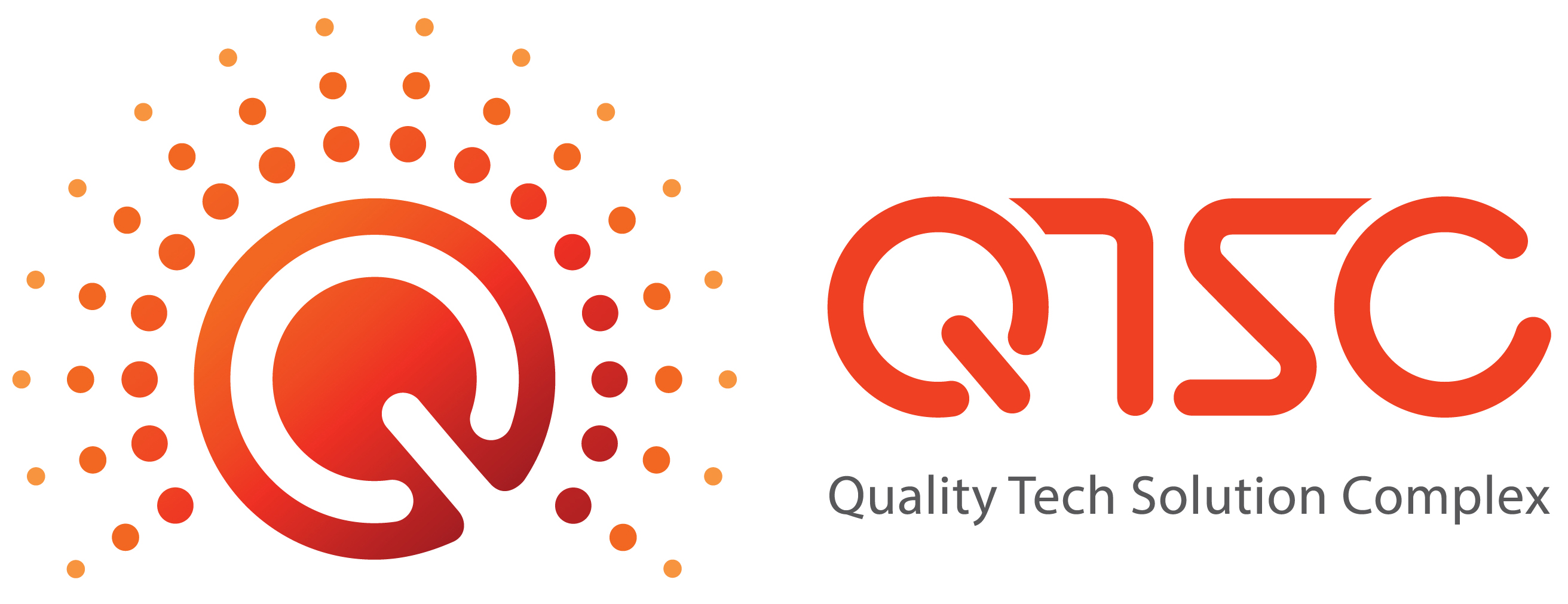




 Tiếng Việt
Tiếng Việt



